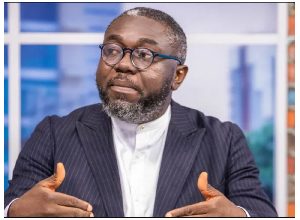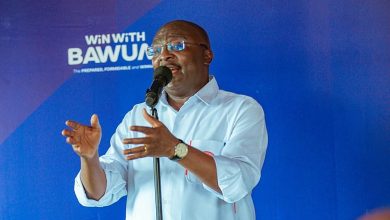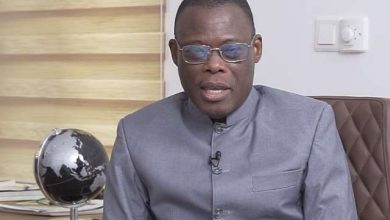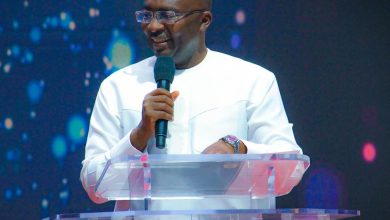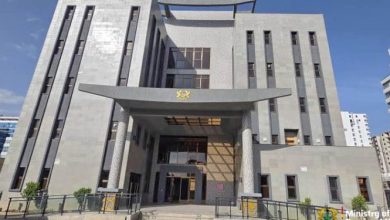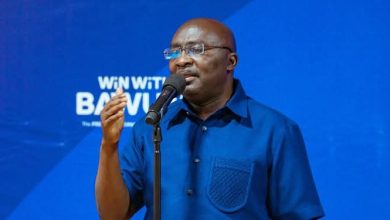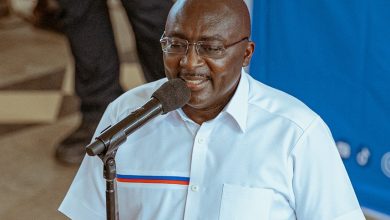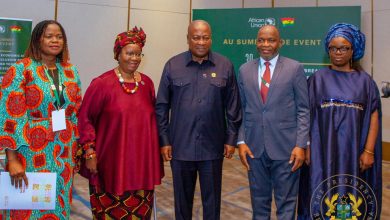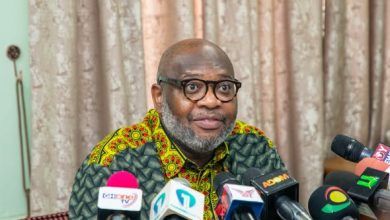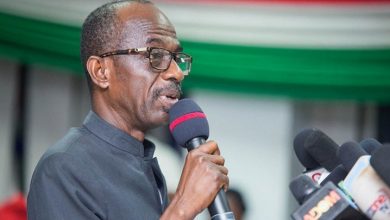Election Petition: Petitioner’s case discloses no reasonable cause of action – Lawyers for second respondent
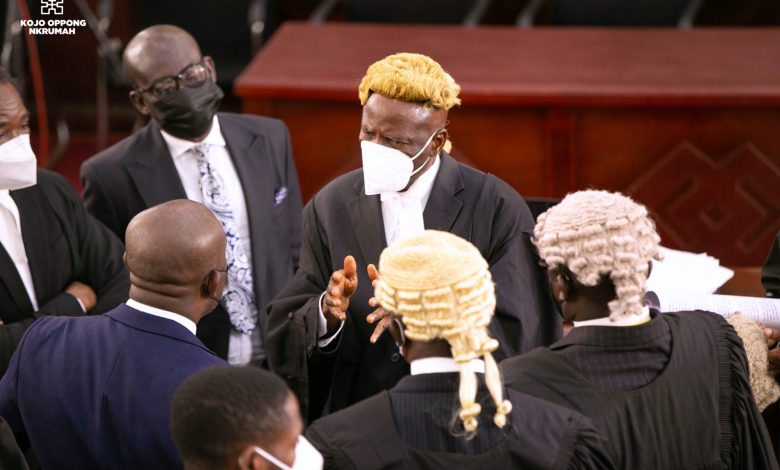
Lawyers for President Akudo-Addo, the second respondent in the ongoing 2020 election petition has prayed the Supreme Court to dismiss the petitioner’s case as it discloses no reasonable cause of action.
President Nana Addo said “our submission is that the petition is frivolous and discloses no reasonable cause of action remains unshaken, notwithstanding the evidence led in aid of the Petition.
In fact, the woeful performance of the petitioner’s witnesses during their respective cross-examination has further buttressed our position that the instant petition with all due respect, ought not to have proceeded to trial.”
In the second respondent’s closing address filed at the Supreme Court, President Akufo-Addo said “In the instant matter, it is clear on the face of the petition and indeed the evidence of Asiedu Nketiah in particular that the petitioner was not in court to challenge the validity of the election but the case concerns the performance of the function 1st respondent (EC) and its chairperson pertaining to the declaration of the presidential election of December 2020, shows that the petition is not an election petition properly so-called.”
The second respondent argued that from the petitioner’s reliefs he did not contest the propriety of the conduct of the elections hence his call for another election between him and the Petitioner.
According to the second respondent even though from the reliefs of the petitioner, no one had 50% of the total number of valid votes cast in the election and there should be a ” second election with the petitioner and the second respondent as a candidate…”, the petitioner did not indicate his percentage or number of votes in the 7 December 2020 polls.
“Not having pleaded these fundamental material facts and no evidence having been led on same, it is our humble submission that this petition does not qualify to be an election petition.”
Incidentally, the petitioner has also not contested any of the EC processes when it comes to the process of voting, counting of votes, and declaration of results at polling stations among others.
The second respondent says that the instant petition belongs to the class of actions that could be best described as “suits challenging the declaration” rather than the validity of the election itself.
“The court is invited to hold that no challenge of the conduct of the election is stated from paragraph one to 30 of the petitioner’s petition.”
Akufo-Addo held that Article 64 (1) of the Constitution set out the criteria for the invocation of the Supreme Court’s original jurisdiction on the conduct of a presidential election.
“The Supreme Court, therefore, is not, clothed with jurisdiction to entertain any matter clothed with apparel of presidential election petition when in fact it is not.”
The second respondent said based on the evaluation of facts and the law, in terms of Asiedu Nketiah, one of the petitioner’s witnesses, the Court’s jurisdiction has not been properly invoked.
The second respondent said it was not in dispute that a summation of the total valid votes announced by the EC chairperson, Jean Mensa as having obtained by the 12 candidates yielded a total of 13,121,111.
“Apart from the fact that this figure is incontrovertible, Petitioner failed or refused to provide any contrary evidence that would establish or least suggest that the valid votes declared for the 12 candidates were erroneous.”
The second respondent argues that apart from reproducing the figures declared by the EC chairperson and making fanciful analogies based on her innocuous errors, the petitioner failed to provide his own data or independently attained figures to controvert what was declared as the valid votes obtained by each of the 12 candidates.
Akufo-Addo, therefore, prays the court to ignore allegations of arbitrariness and lack of transparency in the National Collation Centre, saying that “these allegations are of little probative value.”
The second respondent noted that the petitioner seeks to make a piecemeal out of what it described as an “ever-changing figure of the results of the 7 December presidential results.”
The Supreme Court is expected to give its final judgement on 4 March 2021.

